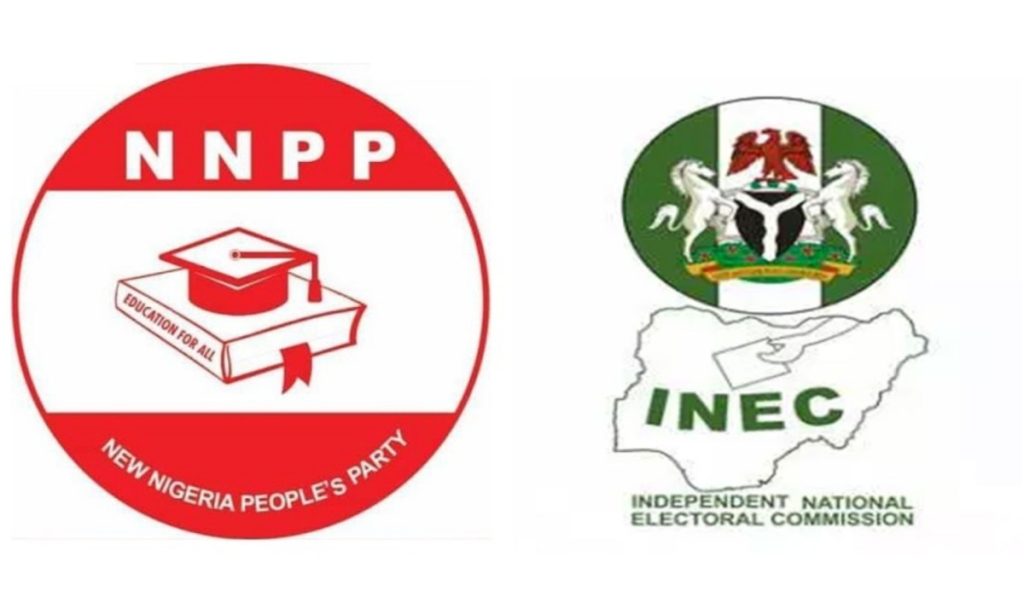Nigerian Government Removes VAT and Duty Payments on Cooking Gas
In a groundbreaking development, the Nigerian government has taken a significant step to alleviate the financial burden on its citizens by removing Value Added Tax (VAT) and duty payments on cooking gas. This bold move aims to make clean cooking energy more affordable and accessible to the Nigerian populace.
The decision to eliminate VAT and duty payments on cooking gas aligns with the government’s commitment to promoting clean energy usage and mitigating the adverse effects of traditional cooking methods on public health and the environment. By slashing these financial barriers, the government is actively encouraging the adoption of cooking gas as a cleaner and more sustainable alternative to firewood and kerosene.
This disruption in policy demonstrates the Nigerian government’s proactive approach in addressing socio-economic challenges while also championing environmental conservation efforts. With this initiative, the government not only supports its citizens in embracing a healthier and more environmentally friendly cooking option but also propels the nation towards a greener and more sustainable future.
The removal of VAT and duty payments on cooking gas is poised to have a far-reaching impact on households across Nigeria. As clean cooking energy becomes more affordable, families will benefit from reduced expenses and improved respiratory health. Moreover, the widespread adoption of cooking gas can contribute to a reduction in deforestation, air pollution, and carbon emissions, aligning with global sustainability objectives.
This monumental decision underscores the government’s recognition of the pivotal role that access to clean cooking energy plays in enhancing the overall well-being of its citizens. By championing this initiative, the government sets a resounding example for other nations, showcasing its commitment to balancing economic development with environmental preservation.
As Nigeria continues on its trajectory of progress and sustainable development, this move reinforces the government’s dedication to fostering a conducive environment for its citizens to thrive. By prioritizing the welfare of its people and the preservation of the environment, the government sets a precedent for responsible governance and sustainable policymaking.
In conclusion, the Nigerian government’s decision to eliminate VAT and duty payments on cooking gas marks a pivotal moment in the nation’s journey towards sustainable development, human flourishing, and environmental stewardship. This bold and visionary move will undoubtedly resonate across the nation and beyond, solidifying Nigeria’s position as a proactive leader in advancing clean energy initiatives.
With this resolute step towards sustainability, the Nigerian government paves the way for a brighter, healthier, and more prosperous future for its people and sets an inspiring example for the global community.



